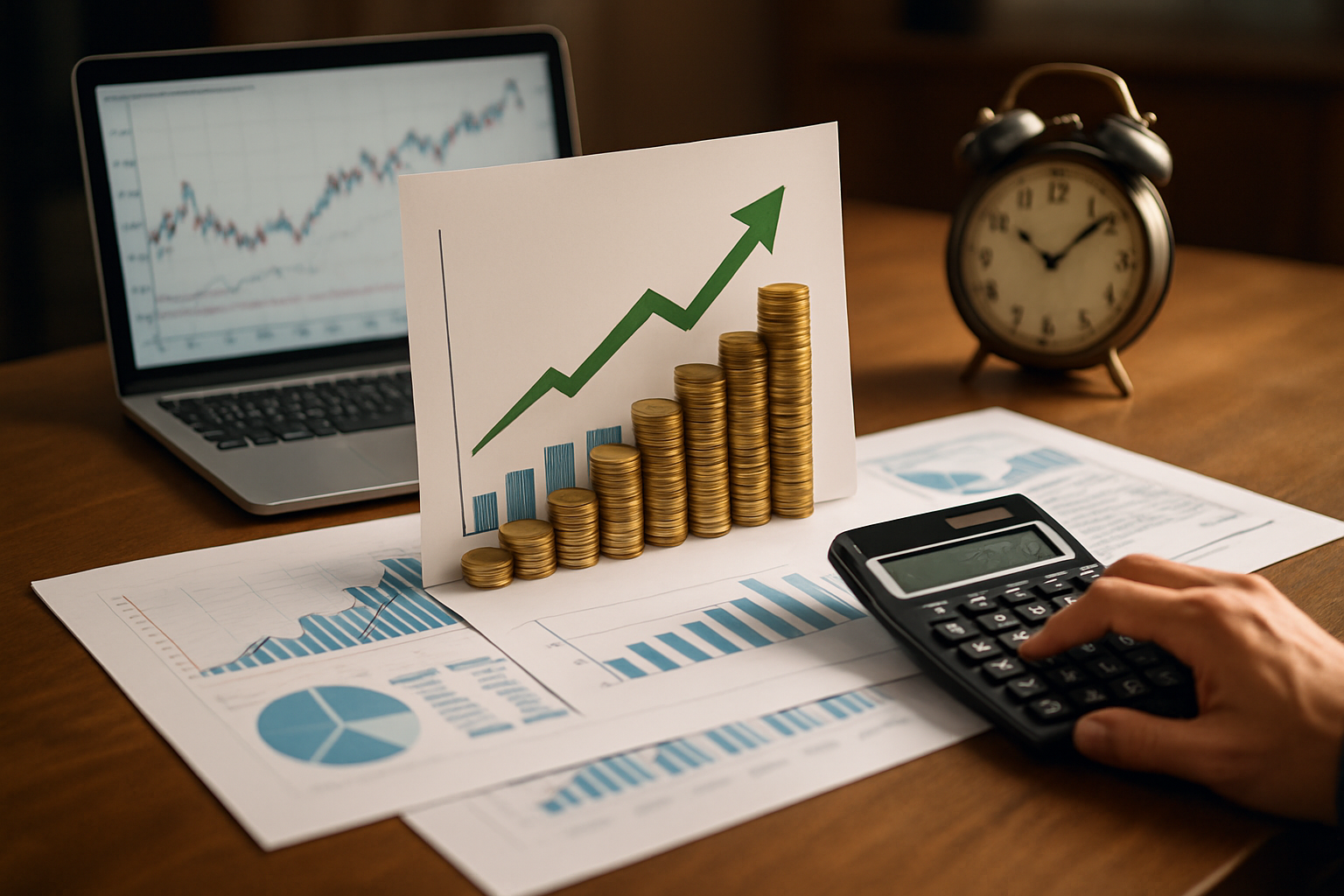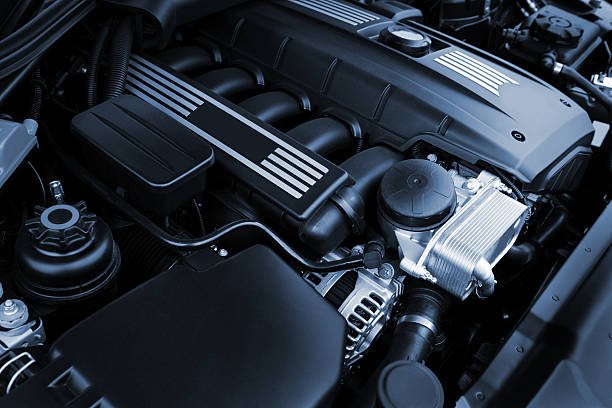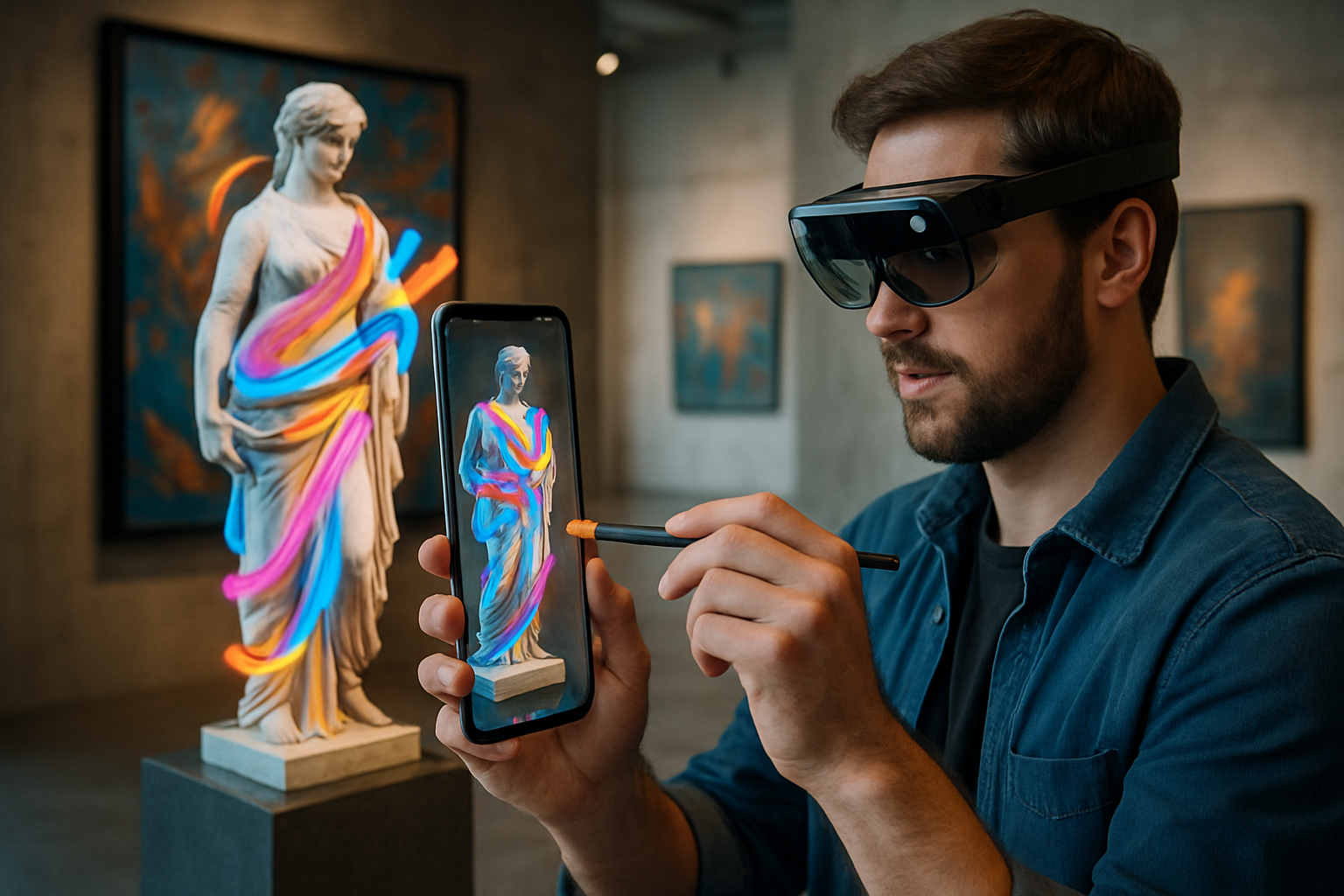Slow Dating: The Mindful Revolution in Modern Relationships
Amidst the frenetic pace of modern life, a quiet revolution is unfolding in the realm of romance. Slow dating, a thoughtful approach to building connections, is gaining traction among singles seeking meaningful relationships. This movement eschews the rapid-fire swiping culture for a more intentional, quality-focused pursuit of love. Read below to explore how slow dating is reshaping the landscape of modern relationships and why it might be the antidote to dating burnout.

The Origins of Slow Dating
The concept of slow dating draws inspiration from the broader slow movement, which began with slow food in the 1980s. This philosophy, emphasizing mindfulness and intention, has since permeated various aspects of life, including travel, fashion, and now, relationships. Slow dating emerged as a response to the overwhelming nature of online dating and the superficiality often associated with app-based matches.
Sociologists point to several factors contributing to the rise of slow dating. The fatigue associated with rapid-fire swiping and ghosting has left many feeling disillusioned with traditional online dating methods. Additionally, the COVID-19 pandemic forced individuals to reassess their approach to relationships, with many prioritizing deeper connections over casual encounters.
The Principles of Slow Dating
At its core, slow dating encourages individuals to be more selective and intentional in their romantic pursuits. This approach typically involves limiting the number of matches or dates one pursues at a time, allowing for more focused attention on each potential connection. Slow daters often engage in longer conversations before meeting in person, using this time to assess compatibility and shared values.
Another key aspect of slow dating is the emphasis on meaningful activities during dates. Rather than defaulting to drinks or coffee, slow daters might choose experiences that foster deeper conversations and shared experiences, such as cooking classes, museum visits, or nature walks. This approach allows individuals to see potential partners in varied contexts, providing a more holistic view of their compatibility.
The Psychology Behind Slow Dating
Psychologists have noted several potential benefits of the slow dating approach. By reducing the cognitive load associated with juggling multiple potential partners, individuals can be more present and authentic in their interactions. This mindfulness can lead to better decision-making and a clearer understanding of ones own needs and desires in a relationship.
Furthermore, the gradual build-up of emotional intimacy in slow dating aligns with attachment theory principles. By allowing time for trust and familiarity to develop naturally, slow dating may foster more secure attachments between partners, potentially leading to more stable long-term relationships.
Technological Adaptations to Slow Dating
While slow dating might seem at odds with technology-driven romance, several dating apps and platforms have begun incorporating elements of this approach. Some apps now limit the number of matches a user can have at one time, encouraging more focused interactions. Others have introduced features that prompt deeper conversations, such as guided question prompts or virtual activities designed for shared experiences.
These technological adaptations reflect a growing recognition of the value of quality over quantity in the digital dating landscape. By leveraging technology to facilitate more meaningful connections, these platforms are helping to bridge the gap between the convenience of online dating and the depth sought by slow daters.
Challenges and Criticisms of Slow Dating
Despite its potential benefits, slow dating is not without its critics. Some argue that the approach is overly idealistic, failing to account for the realities of modern life and the desire for immediate connection. Others point out that slow dating may inadvertently prolong the process of finding a compatible partner, potentially leading to frustration or missed opportunities.
Additionally, there are concerns that slow dating might exacerbate existing inequalities in the dating world. Those with more free time and resources may find it easier to engage in the often time-intensive process of slow dating, potentially disadvantaging individuals with busier schedules or financial constraints.
The Future of Slow Dating
As the slow dating movement continues to gain traction, its influence on broader dating culture remains to be seen. Some experts predict a hybrid approach, where individuals incorporate elements of slow dating into their existing practices, creating a more balanced and intentional approach to finding love.
The rise of slow dating also points to a larger societal shift towards mindfulness and intentionality in personal relationships. As individuals increasingly seek meaning and authenticity in their connections, the principles of slow dating may well extend beyond romantic relationships, influencing how we approach friendships and community building in an increasingly fast-paced world.
In conclusion, slow dating represents a thoughtful recalibration of modern romance, offering a path to more meaningful connections in an age of digital overwhelm. While it may not be a universal solution to the complexities of contemporary dating, its emphasis on quality, mindfulness, and intentionality provides valuable insights for anyone navigating the quest for love in the 21st century.






